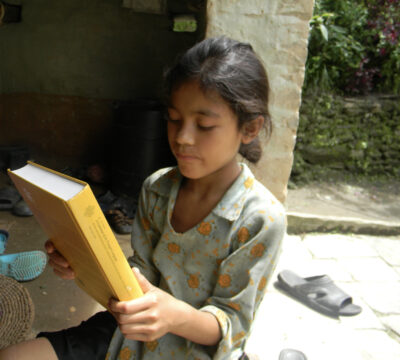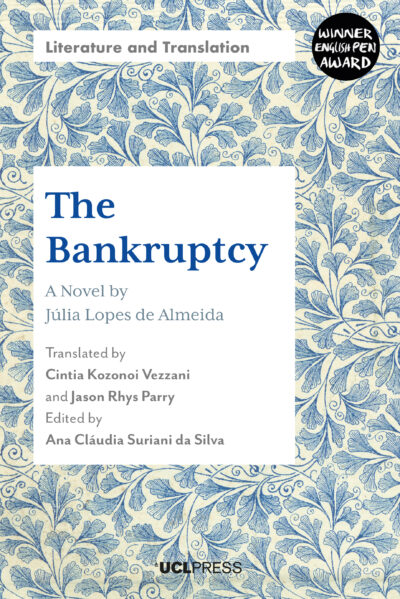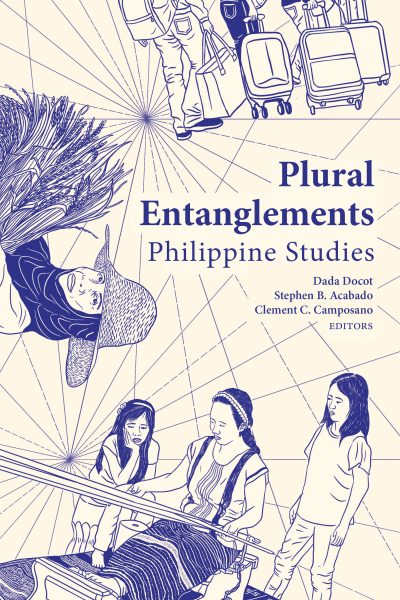Ecosophy: Multiple Perspectives and Its Roles in Planetary Health (Lecture by Dato’ Seri Ir. Dr. Zaini Ujang)
イベント予定講演会/LectureFriday, 11 July, 10:30–12:00 JST
Achieving planetary health requires not only scientific solutions but also fundamental cultural and behavioral transformations. This lecture will present a comprehensive approach that addresses both individual values and social systems. Through examples from Japan and Scandinavia, it emphasizes the importance of integrating eco-sophy—ecological philosophy—into policy and societal frameworks. Furthermore, it highlights the crucial roles of non-state actors, including NGOs and academic institutions involved in the water and energy sectors, alongside governments, in addressing climate change challenges.
Envisioning the Japan–Korea Intellectual Community (Lecture by Prof. YANG Ilmo)
イベント予定講演会/LectureWednesday, 16 July, 15:00–16:30 JST
Since the Edo period, intellectual exchange between Japan and Korea has continued in a sustained manner. Despite the colonial rule in the 20th century, intellectual interactions became even more active. This lecture revisits several cases of such exchange between Japanese and Korean intellectuals, such as Fujiwara Seika and Gang Hang, Yamazaki Ansai and Yi Hwang, the Kogaku school and Jeong Yakyong, and Fukuzawa Yukichi and Yu Giljun, to explore the potential for a future Japan-Korea intellectual community. While past attempts to make an East Asian community have often faced the “East Asian paradox”, namely, the reinforcement of nationalism, this lecture is also an attempt to seek clues for overcoming such challenges.
A Sensory Theory of Environmental Justice (Lecture by Prof. Mukul SHARMA)
イベント予定講演会/LectureWednesday, 23 July, 15:00–16:30 JST
Human senses—sight, hearing, smell, taste, and touch—shape how we perceive and interact with the world, influencing environmental experiences and cultural practices. Yet sensory politics—the social organization of touch, smell, and taste—often reinforces hierarchies, marginalizing certain groups as environmental ‘others.’ This lecture examines the ‘environmentality’ of the senses, focusing on their role in perpetuating inequalities within discriminatory social structures. By interrogating how sensory norms sustain injustice, I argue for a new environmental justice vocabulary—one that integrates sensory and social dimensions to address the entangled relationships between environment, power, and lived experience in caste-based societies.
Coffee, Sustainability and Climate Change (Lecture by Prof. Catherine TUCKER)
イベント予定講演会/LectureWednesday, 30 July, 15:00–16:30 JST
Coffee is one of the world’s most popular beverages, associated with sociality, alertness, and productivity. Over time, coffee production has contributed to environmental degradation, rural poverty, and societal inequities. Currently, its production is threatened by climate change, market volatility and economic uncertainties. Drawing on longitudinal research with coffee producers in Central America, this talk will examine coffee producers’ efforts to improve their coffee quality, socioeconomic well-being, and environmental sustainability in contexts of extreme weather events and myriad insecurities. The discussion also will consider consumer roles, the impacts of certifications, and approaches for supporting climate resilient coffee production.

























